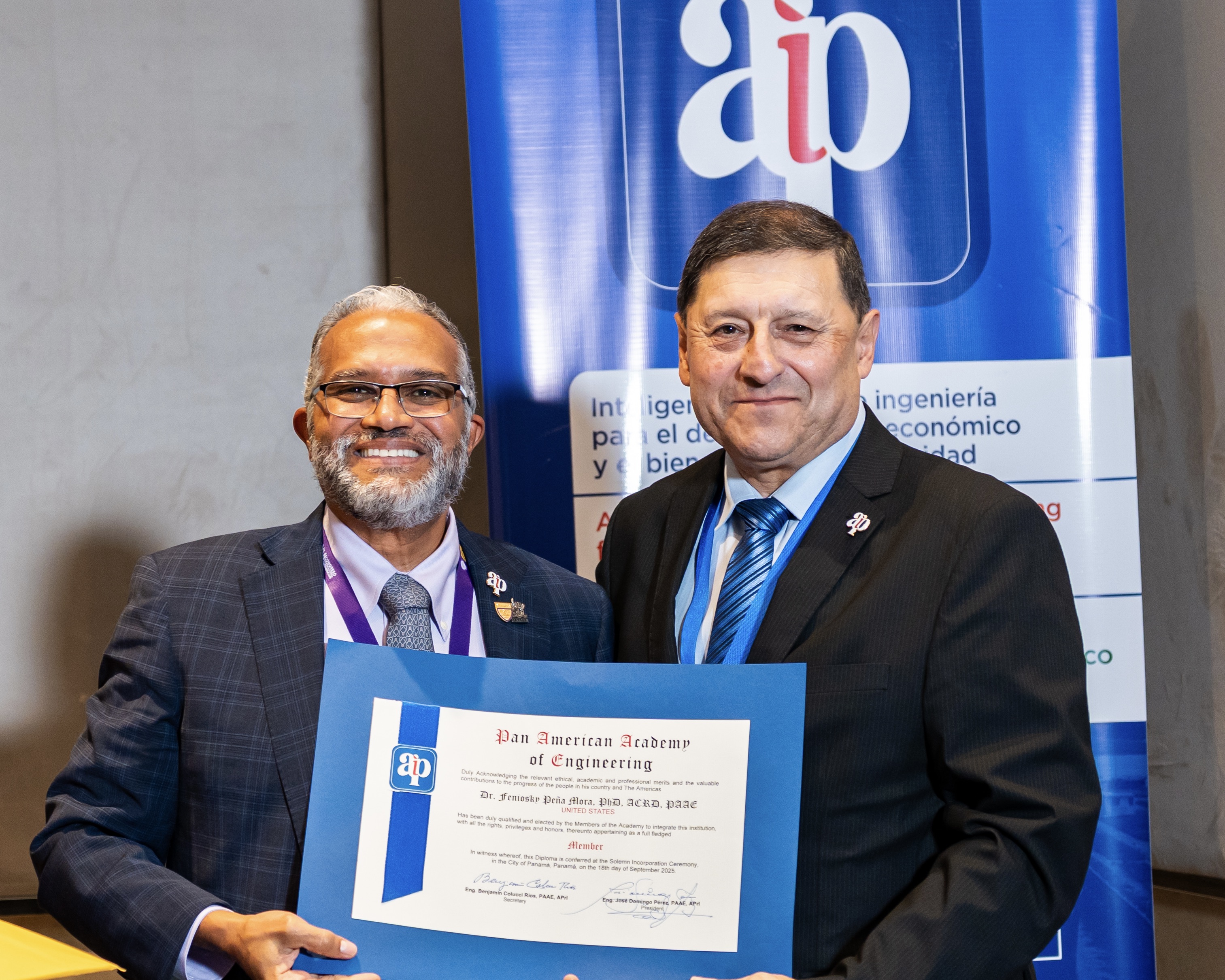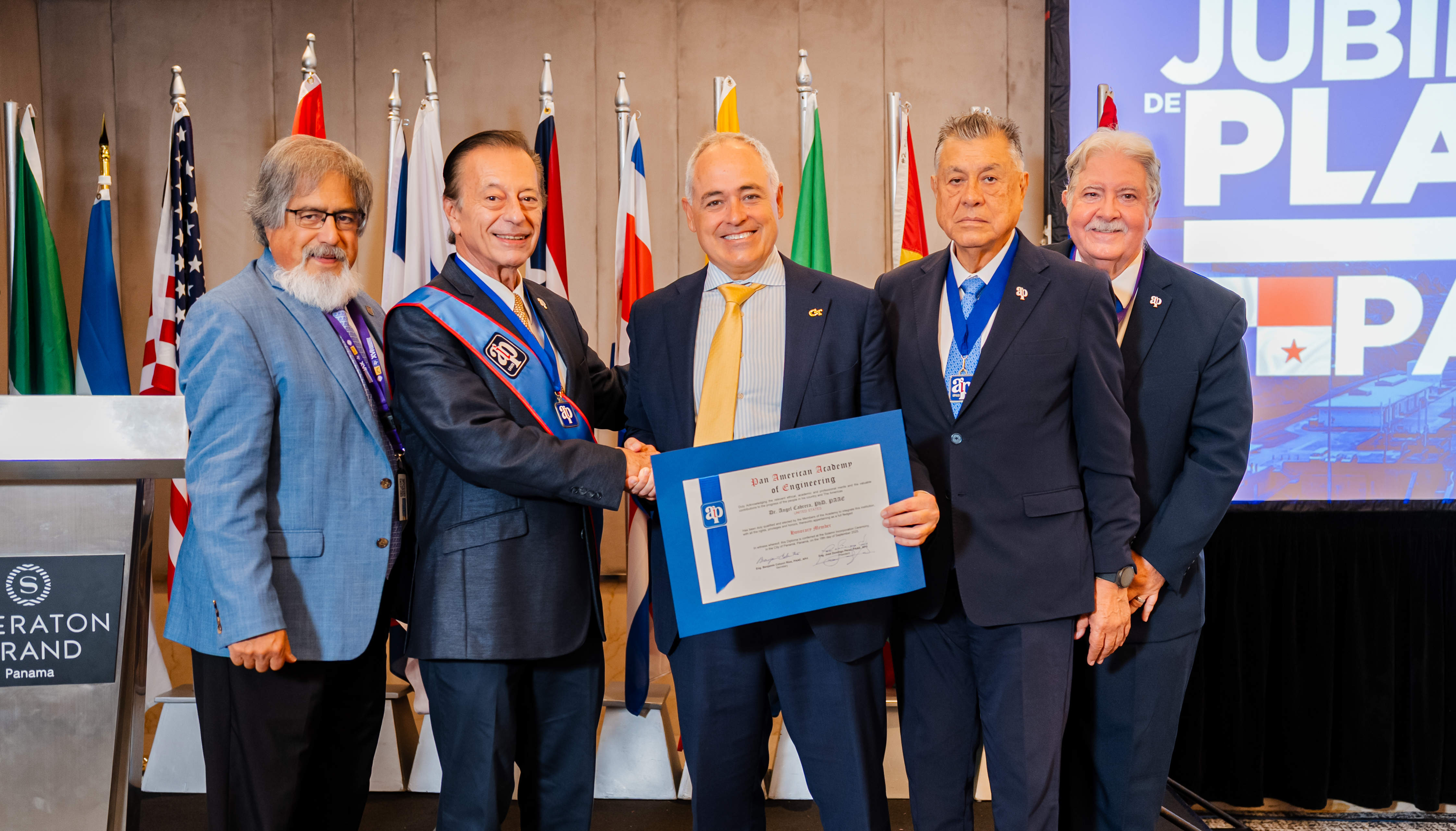Why are older adults more vulnerable to extreme heat?
August 25, 2024 in San Juan, Puerto Rico
Although excessive heat affects the general population, in Puerto Rico, older adults are the most vulnerable group to the high temperatures experienced by the island, since they suffer from higher risk factors, such as side effects of certain medications, housing conditions and limited socioeconomic resources.
This was explained by engineer Carl A. Soderberg to the Puerto Rican newspaper El Nuevo Día.
“(Faced with) high levels of heat, the heart has to pump blood faster and, as a person ages, there is a greater chance of having heart problems, more chronic conditions, such as diabetes and asthma. You are more likely to suffer from health problems due to excessive heat,” said the renowned ecologist.
As other factors affecting older people, Soderberg added the decreased sense of thirst, which reduces water intake; the age-related reduction in sweating rate (the body adapts to heat by sweating and pumping blood to the skin); and the diuretic effects of many medications that increase fluid removal from the body.
In the interview, Soderberg refers to a study in which Puerto Rican doctor Pablo Méndez Lázaro participated and which concluded that, during the summer of 2012 and 2013, the effect of temperatures on the mortality rate increased, identifying strokes and heart disease as their primary causes.
“In Houston, when Hurricane Beryl hit (July 8, 2024), about 200 people died from heat problems. If people die in other places, here (in Puerto Rico) too, what happens is that there are no statistics,” said Soderberg, who together with Méndez Lázaro and other specialists make up the Committee of Experts and Advisors on Climate Change, an advisory group to the Ministry of Natural Resources and Environment of the government of Puerto Rico, created in 2019.
Because this is a relatively new situation, caused by the effects of climate change, Soderberg has suggested that both doctors and health institutions be more rigorous in documenting deaths and include heat among the factors of death.
At the same time, he considers it important that, to mitigate the effects of heat on older adults, the government establishes thermal shelters in existing places for those who do not have air conditioning in their homes or cannot afford the high costs of the electricity bill.
It also indicates that the shelters would serve as a cooling center for days of extreme heat that could also be attended by homeless people or workers who work outdoors.
“This could help prevent health risks and death,” said the former director of the Federal Environmental Protection Agency (EPA).
According to meteorologists and other scientific experts, as a result of climate change, the ambient temperature will continue to rise.
Access the interview conducted by the newspaper The New Day to Academician Carl Soderberg, published on Sunday, August 25, 2024, at the following link:
https://www.elnuevodia.com/noticias/locales/notas/por-que-los-adultos-mayores-son-mas-vulnerables-a-los-calores-extremos-un-experto-en-cambio-climatico-lo-explica/




